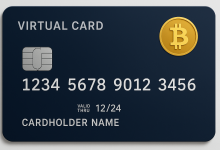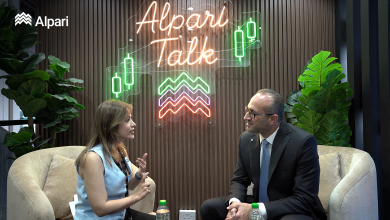Visa Launches Breakthrough USDC Stablecoin Cross-Border Payments Pilot for Creators and Freelancers


Global payments giant Visa Inc. has its opening of a new chapter in digital payouts with a pilot program that allows businesses and platforms to send fiat-funded payments, which arrive in recipients’ wallets as the USD-backed stablecoin, USDC. The initiative targets creators, freelancers and gig economy workers, opening quicker, borderless access to funds and signalling a deeper integration of blockchain into mainstream payments.
The pilot builds on to integrate stablecoin infrastructure into its payment rails, positioning stablecoins not only as back-end treasury tools but as on-ramp access for end users. The development could reshape how digital marketplaces pay global workers, especially in regions with fragile banking infrastructure or volatile local currencies.
What the Visa Cross-Border Payments Pilot Enables
Under the pilot, businesses using the Visa payout network, Visa Direct, can fund transfers in fiat currency while the recipient chooses to receive the payout in USDC deposited directly into a compatible stablecoin wallet. Visa notes that each transaction will be recorded on-chain, enhancing transparency and traceability.
Key features of the pilot include near-instant access to funds, meaning receivers no longer need to wait for bank processing because funds can arrive in minutes in a preferred stablecoin wallet. It will also enable borderless value delivery, which will be useful for creators, gig workers and freelancers who work globally and may otherwise face currency conversion or banking delays.
Additionally, using rather than volatile cryptocurrencies like BTC and ETH mitigates payment swings with asset prices while still benefiting from blockchain settlement. The auditability and transparency from blockchain recording support compliance and traceability, which is vital as regulated entities expand crypto-linked payouts.
Why The Visa Initiative Matters for Creators & Global Workers
Freelancers, digital creators, and global gig workers have long argued that access to timely payments is a major barrier, particularly when using cross-border systems often plagued with delays, high fees, and fragile banking coverage.
Visa’s pilot is designed to tackle that gap head-on by offering through an established brand and payments network. The pilot could ultimately accelerate the adoption of blockchain-enabled payouts by bridging the gap between tradition and crypto. It also lowers friction for platforms to embrace crypto technology without requiring recipients to navigate self-custody complexities.
For Visa, the move signals a deeper commitment to incorporating flexibility into its payout network and the belief that major payments providers now view blockchain-settled tokens as a viable option for mainstream payments.
Visa says the broader rollout is targeted for the second half of 2026, with select partners already being onboarded this year. However, regulators and market participants will watch how this develops closely. Payouts in stablecoins raise questions around cross-border payments regulation, , wallet management, tax-reporting and consumer protection in jurisdictions with evolving crypto laws.







